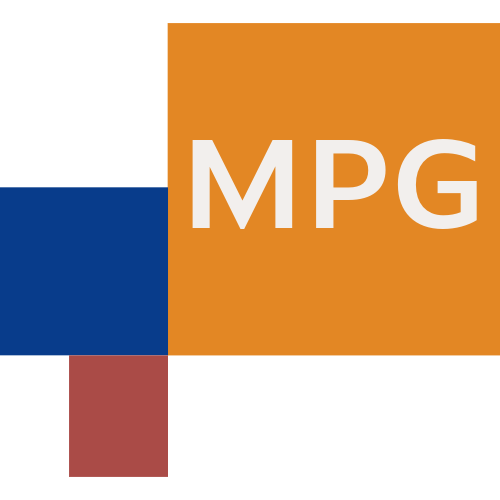menu
menu
Menu
cancel
- arrow_back_iosBacknavigate_nextpersonPersonal
- groupCommunities
- articleBlogs
- eventEvents
- sourceTemplates
- question_answerQuestions
- schoolLearning
- business_centerBusiness
- live_helpFAQ
What legal and ethical frameworks exist to support the protection of donor rights, and how can these be effectively communicated to donors to build trust and encourage continued support?
How can donors verify that their contributions are being used in accordance with their intentions, and what recourse do they have if their rights are violated?
What measures can nonprofit organizations implement to ensure transparency and accountability in their use of donated funds, thereby respecting and protecting donor rights?
These questions can be useful for exploring different aspects of compliance within an organization, from program implementation to risk management and the consequences of non-compliance.?
3. **What are the implications of non-compliance for a company, both legally and reputationally, and how can proactive compliance measures help mitigate these risks?
2. **How can an organization effectively conduct compliance audits, and what best practices should be followed to identify and mitigate risks associated with non-compliance?
**What are the key components of an effective compliance program in an organization, and how can they be implemented to ensure adherence to relevant laws and regulations?
3. **How should leaders address instances of unethical behavior within their organizations, and what strategies can be implemented to prevent such behavior from occurring in the future?
2. **In what ways can ethical leadership influence and enhance organizational culture, and how can leaders effectively promote ethical behavior among employees at all levels?
**How can leaders ensure that their decision-making process consistently aligns with ethical standards and values, even when faced with challenging business scenarios or pressure to deliver quick r...
